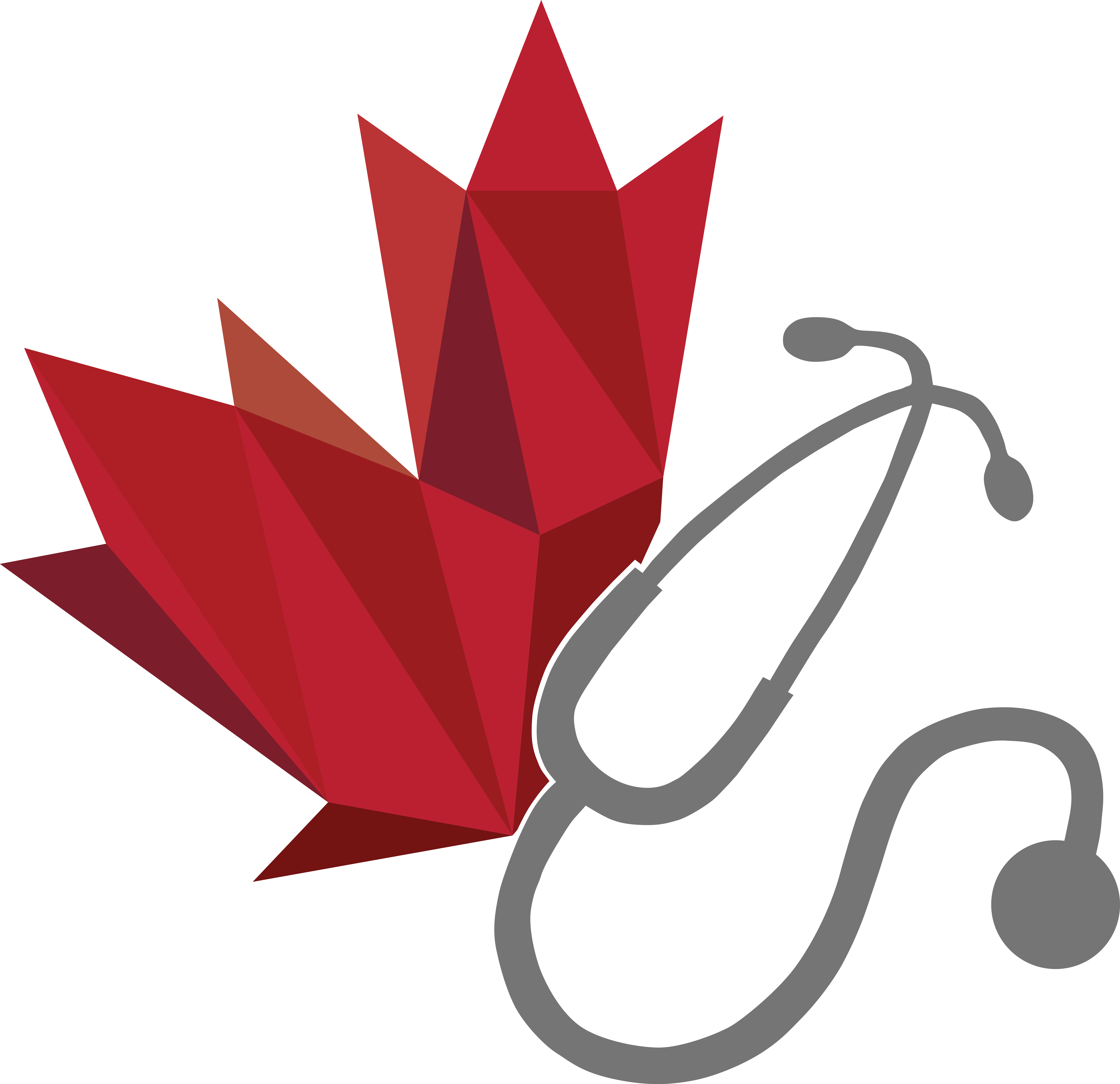Human Rights & Peace
Land Acknowledgement & Commitment to Action
The NORPs acknowledge that the CFMS main office is located on unceded Algonquin and Anishinaabe territory, colonially known as Ottawa. Furthermore, the NORPs and HRPC members represent the lands colonially known as Canada to the IFMSA SCORP sessions, as CFMS Canada. As many Co-NORPs and HRPC members are settlers, they are asked to use their privilege to center and share the work led by Indigenous communities.
Throughout the year, NORP and HRPC work is to be guided by the Truth and Reconciliation Commission Calls to Action 18-24 inclusive, the Missing and Murdered Indigenous Women and Girls Calls for Justice 7.1-7.9 inclusive, and the United Nations Declaration on the Rights of Indigenous Peoples, and more. For more information, please reach out to us at [email protected] to read through our Terms of Reference revisions for NORPs and HRPC, and more.
Who are the National Officers of Human Rights and Peace (NORPs) and Human Rights and Peace Committee (HRPC)?
The National Officers of Human Rights and Peace (NORPs) are part of the CFMS Global Health Portfolio. Their work includes coordinating the CFMS Human Rights and Peace Committee (HRPC), supporting Global Health Advocates (GHAs) or Local Officers of Human Rights and Peace (LORPs), representing the CFMS at the International Federation of Medical Students’ Association (IFMSA) Standing Committee on Human Rights and Peace (SCORP) sessions, connecting and collaborating with the Global Health Director, other National Officers and members of the Global Health portfolio, and leading and supporting projects relating to human rights locally, nationally and internationally.
The Human Rights & Peace Committee is composed of the Co-National Officers of Human Rights and Peace (Co-NORPs), Local Officers of Human Rights and Peace or Global Health Advocates, and interested medical learners. As the Committee is composed of many medical students from equity-deserving groups, the HRPC team prioritizes anti-oppressive, intersectional, non-hierarchical, and decolonial approaches to their work and structure. The purpose of the Committee is to support, create and/or implement local, national and international global health initiatives under a minimum of one (1) advocacy themes, working towards at least one (1) local, national and international global health projects and/or initiatives each year.
How can you connect with the NORPs and HRPC?
- Email: [email protected]
- Feedback Form 2022-23: https://forms.gle/pMrN1MYqezwPXwYL8
- Facebook Groups with CFMS HRPC and IFMSA SCORP opportunities: CFMS Global Health, IFMSA SCORP, IFMSA Americas, Americas SCORP
What are the CFMS HRPC projects for 2022-23? *Note: recruitment has finished for the following projects, please reach out in the Summer/Fall to join new project teams!
-
National Advocacy Theme (NAT): Refugee and Migrant Rights
Project Overview: The team is working towards 1-2 actions in support of the advocacy theme. Thus far, these include a phone/email zap, in collaboration with the Migrant Rights Network, Migrant Workers Alliance for Change, and in solidarity with migrant-led groups across the country. - International Advocacy Theme (IAT): Impacts of War on Health
Project Overview: The team is working towards 1-2 actions in support of the advocacy theme. Thus far, these include virtual speaker events with advocates and community-led organizations from different IFMSA regions (Africa, Americas, Asia-Pacific, Eastern Mediterranean and Europe), on the impacts of war or conflict on health. -
Terms of Reference (ToR) Revisions
Project Overview: The team is working towards revisions of the Terms of Reference for the co-NORPs and HRPC/LOs. Thus far, this has involved consultation with the HRPC/LOs through two surveys, collection of feedback from members of the Global Health portfolio, other CFMS portfolios, stakeholders and community members, and finalizing draft revisions accordingly. The ToR revisions will then be shared with the CFMS Governance Committee and CFMS Board for final review and approval.- Key revisions so far include, among others: a land acknowledgement and commitments to action for both ToR, mandatory anti-oppression training for both ToR, changes to language, voting and decision-making to reduce the hierarchy of roles in the NORP ToR, addition of both GHAs/LORPs and recruited members in the HRPC ToR, and more.
-
Equity-Focused Clinical Care Database
Project Overview: The Equity Database project aims to identify and address current gaps in medical education that relate to caring for members of equity-deserving groups during clinical training. The project has been updated to include the following three sections: a literature review, a survey of CFMS medical students, which will then both inform the database development, to support medical student learning. -
IFMSA Activities: Presentations & Collaborations
Project Overview: The team worked on a presentation relating to homelessness and housing insecurity in Canada, which included: human rights guidelines and legislation, community member perspectives, clinical impacts, and ways for medical students and attendees to take action. -
IFMSA March Meeting 2023 - SCORP Delegation
Project Overview: Preparation for and attendance at the IFMSA March Meeting 2023.- Update: We would like to thank and congratulate Bonnie Liu, our in-person SCORP delegate, for her extensive preparation, engagement and commitment to the sessions and projects before, during and after MM23! For any additional questions relating to the MM23 SCORP sessions, please reach out to Bonnie at [email protected].
What do all the acronyms mean?
To increase committee member and CFMS student understanding of the committee’s work and opportunities locally, nationally and internationally, the co-NORPs developed an infographic that answers common questions, and explains the main acronyms used by the HRPC/LOs. The 2022-23 infographic is available here and copied below.

